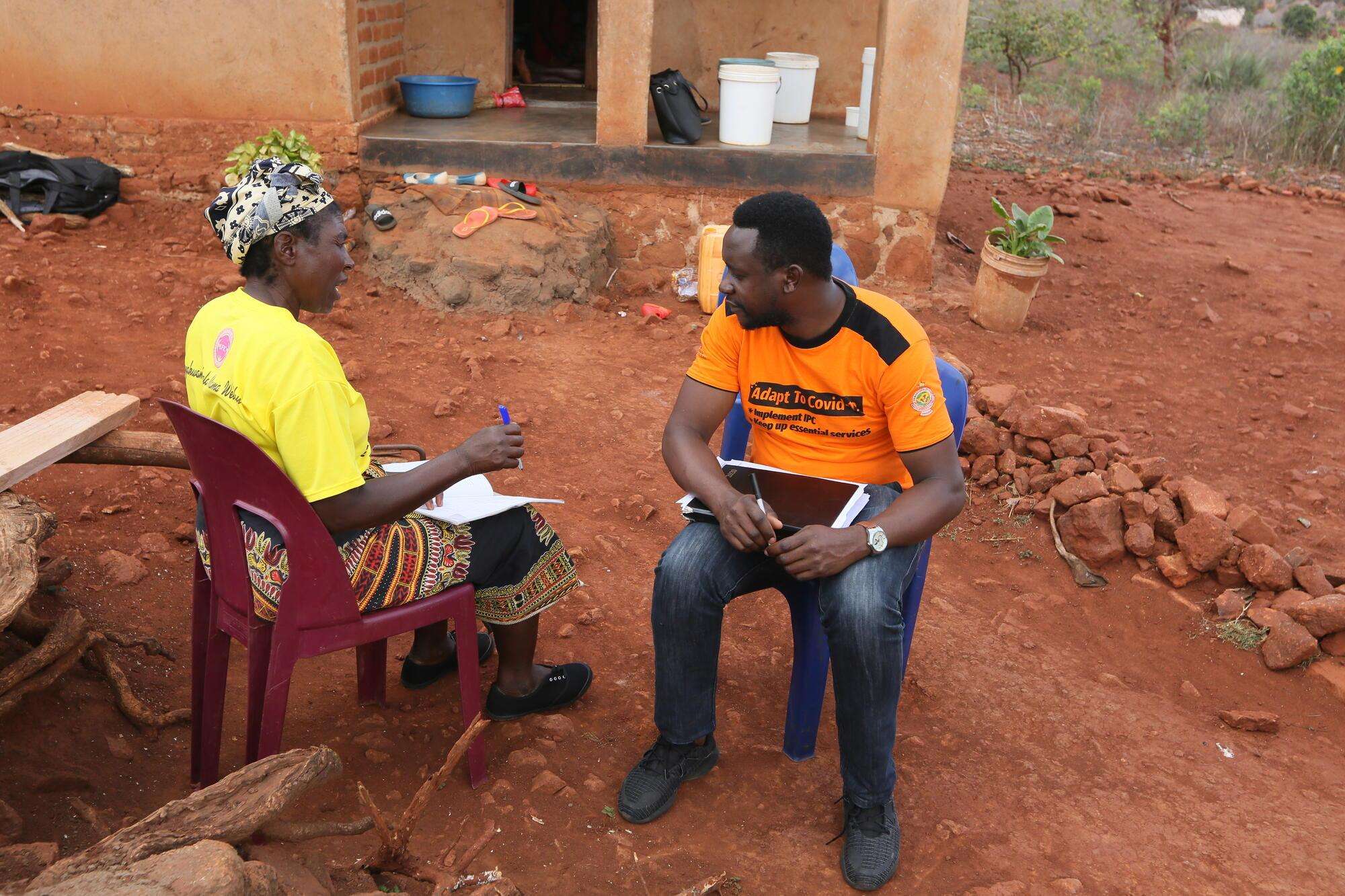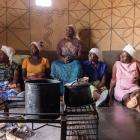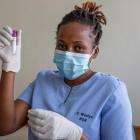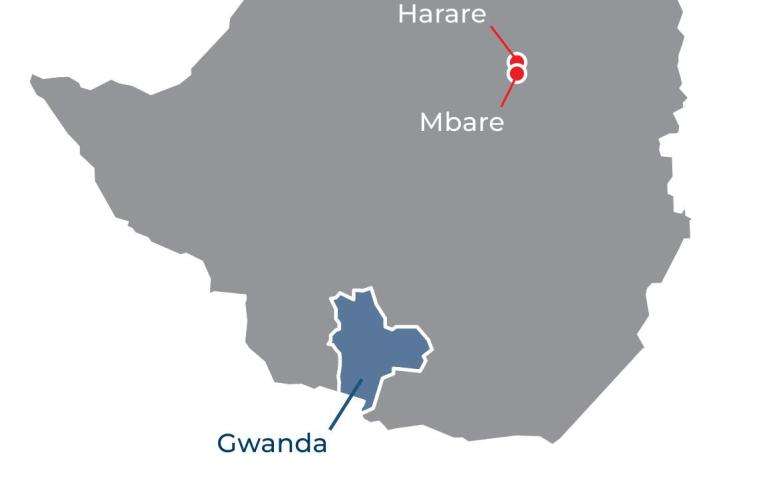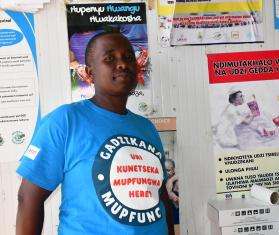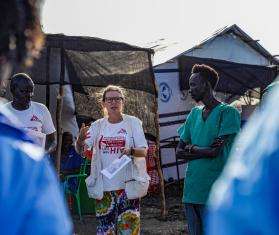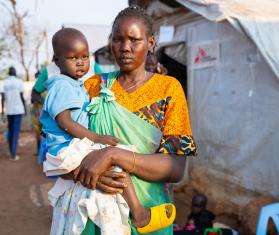To encourage participation in decision-making and to ensure our services align with adolescents’ and communities’ health needs and realities, MSF established an adolescent advisory board and set up a variety of communication channels, such as suggestion boxes in all health care facilities, WhatsApp and SMS messaging, and peer consultations to strengthen patient feedback systems. We also launched community campaigns to raise awareness of patient rights and conducted satisfaction surveys to gather critical insights into patient experiences and gaps in services.
In Gwanda district, Matabeleland South, we ran mobile clinics to serve small-scale artisanal miners and their communities. Due to rigorous screening and treatment efforts, we saw a reduction in STIs among the miners in 2024. We also screened miners for silicosis and tuberculosis, and all eligible women around the mines for cervical cancer. In addition, we provided family planning services to the mining community, which included introducing a more effective injectable contraceptive method called Sayana Press. We also collaborated with the Ministry of Health and Childcare in mass drug administration campaigns for lymphatic filariasis, the provision of a variety of basic health services, and pediatric vaccination programs.
